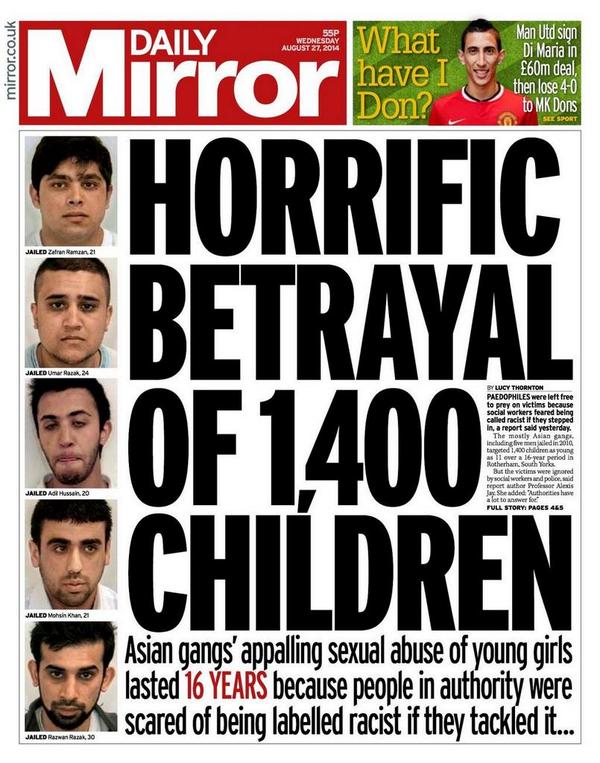In a recent article, Fr. James Schall, S.J. argues that “The only real way to eliminate the historic aggressiveness of Islam is to convert its believers.” Yet if you had to bet, “the conversion of the world to Islam is, in the long run, more likely than its conversion to Christianity.”
From a purely human perspective, the conversion of Muslims is a tall order. It’s not just that Islam is a tough nut to crack, it’s also that some today – usually Catholics – have an aversion to conversion. (Even the pope had denounced “proselytism.”) In good multicultural fashion, they don’t want to fiddle with the unique cultural identity of the “other.”
These fashionable ideas won’t attract many Muslims, and it has an alienating effect on Christians as well. The Church in the West has been losing members as a result of the impression it gives that other faiths are just as valid as our own. So before undertaking the conversion of the Muslim world, the Church needs first to do something about the deconversion of Christians.
Ironically, one of the factors that is driving people out of the Church is its response to Islamic terror. After every terrorist attack, the Vatican (or some prominent bishop) assures us that the violence has nothing to do with Islam, which we are told is a “religion of peace” – a response not a whit different from the politically correct, secular liberal response.
In fact, Church leaders often put secular leaders to shame in their advocacy for Islam. The Obama administration called for the admittance of 10,000 Syrian refugees; the USCCB called for 100,000. When European leaders began to admit that Muslim migration should be restricted for the sake of national security, Pope Francis responded by insisting that the safety of migrants was more important than national security.

There are no statistics about how many Catholics are leaving the Church because of its welcoming attitude towards Islam, but there is anecdotal evidence. Ann Corcoran, the director of Refugee Resettlement Watch converted to Catholicism in 2002, but later left the Church when she discovered that the USCCB was being paid tens of millions per year for resettling Muslim refugees. Magdi Allam, a prominent Italian Muslim journalist was baptized in 2008 by Pope Benedict XVI during Easter Vigil service. In 2013, he announced that he would leave the Church to protest its soft stance on Islam.
Allam, who remained a Christian, said that he left the Church because of its “religious relativism, in particular the legitimization of Islam as a true religion.” The feelings of Catholics disaffected by the Church’s handling of the Islamic crisis is summed up by a French politician : “I admit to you that I am aghast, and I no longer feel like going to a Church that is committing suicide before our very eyes. Even from this side we are being betrayed.”
In several ways, the situation is reminiscent of the priestly sex-abuse scandal, which did so much damage to the Church in Europe and America. One of the most disheartening aspects of the scandal was the cover-up. The reluctance of many priests and bishops to report the abuse allowed it to continue for decades.
But the Church’s handling of the Islam crisis is also, in effect, a cover-up. On the theological side, Church leaders have long minimized, ignored, and covered up the rather large gap that divides Islam and Christianity. While emphasizing surface similarities between the two faiths, they have papered over the deep differences. Moreover, they have downplayed and even denied the violent nature of Islam.
As recently as ten days ago, on the anniversary of 9/11, Pope Francis declared that religions “cannot desire anything other than peace.” Well, technically, yes. Islam desires peace – except that Islamic scholars say that peace can only be achieved by the subjugation of the entire world to Islam.
Church leaders haven’t quite figured out that when Islam talks peace it really means war, but ordinary Catholics are not so Pollyannaish. And as the gap widens between what the hierarchy says about Islam and what Catholics can see with their own eyes, we can expect that many more Catholics will become alienated from the Church.
After the sex abuse scandal broke, Catholics asked: “Why didn’t Church officials do more to protect children?” Now they are justified in asking: “Why didn’t they tell us the rest of the story about Islam?”
Like the priestly abuse scandal, the brewing cover-up scandal also involves sexual abuse – and probably on a much larger scale. This time the perpetrators are not priests, but Muslim migrants in Europe. Although this sex-abuse epidemic was long covered up by European authorities, it’s out in the open now.
Thanks to Muslim immigration, Sweden now has the second highest incidence of rape in the world. In Rotherham, England, 1,400 girls were raped by Pakistani gangs over a fifteen year period. In Cologne, Germany, 1,200 women were sexually assaulted by Muslim men in a single night (New Year’s Eve) outside the main train station. Some swimming pools in Germany are now sex-segregated in order to curtail the frequent sexual assaults committed by Muslim refugees.
The Vatican surely knows about the enormous escalation of sexual abuse brought on by the migration invasion, which it has encouraged and facilitated. Yet Pope Francis seems more concerned about the safety of Muslim migrants than the safety of their victims.
The Church’s facilitation of an Islamic takeover of the West will, in the end, prove to be a much larger scandal than the priestly sex abuse scandal. Unlike the earlier scandal, its victims will be numbered not in the thousands, but in the tens of millions. And unlike the first abuse scandal, this one will arrive with an official seal of approval.
No Church official ever sanctioned the abuse of minors, but a great many have endorsed the dangerously misleading view that Islam is a benign religion that means us no harm.














